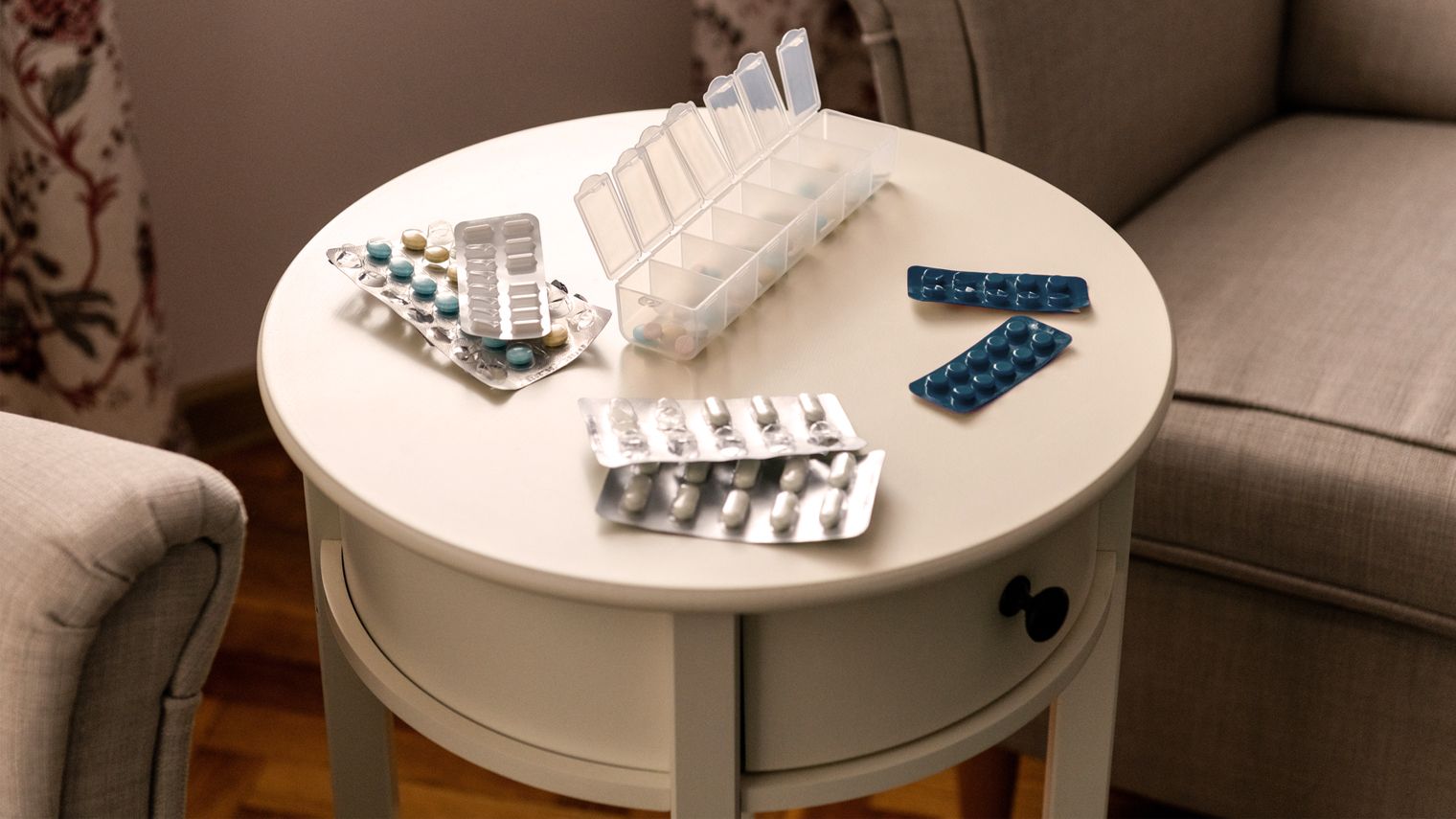6 Tips for Remembering Medications
March 07, 2024
Content created for the Bezzy community and sponsored by our partners. Learn More

Photography by Eloisa Ramos/Stocksy United
Organizing your pills or finding a routine are just a couple of ways to manage your meds.
With so many things vying for our attention on any given day, introducing something new can sometimes be challenging.
If you’ve received a diagnosis of a medical condition, like type 2 diabetes, and your doctor wants you to start taking medication to help manage it, remembering to take a pill several times daily or inject medication daily or weekly may take time to adapt to.
Read on for a few tips and reminders to help you remember to take your medications so you can get on with your day.


1. Keep a medication list
One of the easiest ways to remember to do something can be to write it down and keep it in a location you access every day. How you write it down depends greatly on keeping yourself organized. Do you keep a journal? Do you write lists on your smartphone?
Or maybe you’re old school and write a list on your computer, which I do because it’s easy to update when my meds change, or I need to print off a copy to take to the doctor.
Having had type 2 diabetes for 20 years, I’ve experienced multiple changes in my medication, so knowing what I’m taking and what I’ve taken in the past is important information, especially if I’ve seen a new doctor.
A new health diagnosis doesn’t have to take you out of your routine. You can make it easier on yourself by working it into what you’re already doing with a few adjustments.
2. A pill caddy works great
As someone who has multiple chronic health conditions, I take several medications to help me manage them.
I’ve found that a pill caddy helps me keep my daily meds organized, and taking them has become part of my everyday routine. Many pill caddies are compact and can hold up to 2 weeks of daily medications.
Initially, I organized my pills by day but didn’t like filling the caddy up every 2 weeks, so now I put the same medication in one or two sections, depending on size, and only have to refill it about once a month.
I organize five daily medications this way (not including the two prescription insulins I take), and it saves time by not having to open multiple pill bottles daily.
3. Establish a medication routine
We all have things we do daily, and adding a new medication into this routine can help ensure we’re taking our medication as prescribed. But how do you do that?
For me, it starts when I wake up in the morning. I go to the bathroom and take my first medication of the day.
I have hypothyroidism and take my medication with a full glass of water. I do this before taking a shower, working out, or making breakfast because my thyroid medication requires me to wait at least 30 minutes before eating or drinking anything.
By taking it right when I wake up, after a workout, shower, or both, I’m ready for coffee and breakfast.
4. Setting an alarm on a smart device
With wearable technology more popular than ever, it can be easy to set an alarm to help you remember to take your medication.
Some people may have a fitness tracker, others may have a smartwatch, and many of us have a smartphone.
Many of these devices have built-in alarm functions. If they don’t, you can download apps that can help remind you to take your medications.
I keep a glass of water by my bed, and my pill caddy is in my nightstand drawer, making it easy to remember to take my morning medication.
5. Prepping makes life easy
Spending a few minutes daily or weekly can help any process go smoother. Whether it’s planning a grocery list, getting your clothes ready for work, or ensuring you have enough medication for that 2-week family vacation you have coming up.
If you take prescribed medication to manage your diabetes, then you can get your prescription in several ways.
Some insurance plans offer 30-day prescriptions you can pick up at your local pharmacy, while other plans offer 90-day prescriptions through the mail.
Plus, an added benefit offered by many pharmacies is automatic refills. They’ll usually contact your doctor when your new prescription is ready to be picked up. It can be easier than ever to get your medication, so you may not have to worry about running out.
6. Placement helps, too
I keep a glass of water by my bed, and my pill caddy is in my nightstand drawer, making it easy to remember to take my morning medication.
While this may not be the best option for you, there are other places you can try.
Another great place to keep your medication is near your bathroom, coffee pot, purse, or cabinet. Finding a place you frequent regularly is a good idea, especially when first starting out taking a new medication.
Takeaway
A new health diagnosis doesn’t have to take you out of your routine. You can make it easier on yourself by working it into what you’re already doing with a few adjustments.
By taking advantage of the tips above and adjusting them to work within your routine, you can take your medication as prescribed and help manage your conditions to get on with your life.
Medically reviewed on March 07, 2024


Like the story? React, bookmark, or share below:
Have thoughts or suggestions about this article? Email us at article-feedback@bezzy.com.
About the author